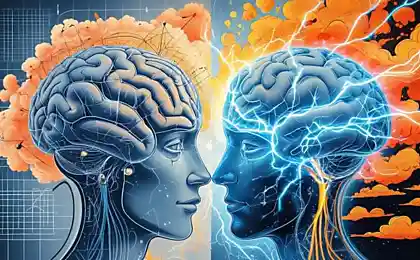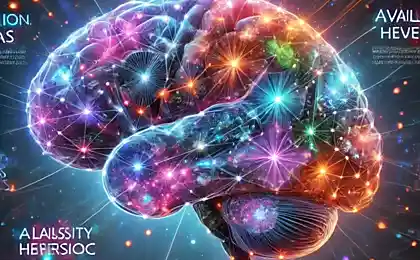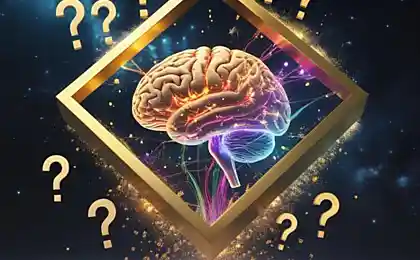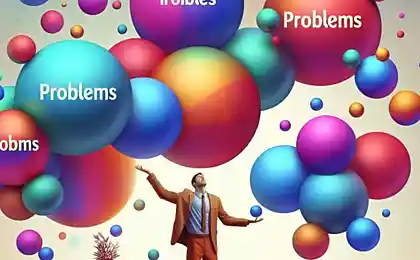154
Neuroscience of Choice: 9 Steps to Overcoming Decision Paralysis

9 scientific methods of combating indecision
A study by the University of Cambridge (2023) found that 83% of people experience decision paralysis at least once a week. But neuroscience offers tools to overcome the impasse. Here are 9 strategies that change the way you choose.
The neurophysiology of choice: Why do we hang out?
1. The Isle of Rail conflict
This area of the brain compares options using:
- Emotional memory (almond-shaped body)
- Logical constructions (prefrontal cortex)
- Bodily reactions (insula)

9 Ways to Overcome Indecision
1. The 40-70 Rule by Collin Powell
The military strategist recommends:
- 40-70% of information for a solution
- Confidence 6/10 on scale
- Time limit: 24 hours
2. Alpha synchronization
Journal of Neuroscience: Music with a rhythm of 8-12 Hz (alpha waves) speeds up selection by 31%. Example: Hans Zimmer soundtracks.

3. Descartes Square 2.0
Upgraded equipment:
- What happens if you do?
- What won't happen if you don't?
- What will be lost if so?
- What is saved if not?
4. "The Timeline of Fear."
The technique of neuropsychologist Lisa Feldman Barrett:
- Set a timer for 90 seconds (emotional processing time)
- Live the fear completely
- Act automatically after the signal.
5. The Red Button Effect
Create a mental image of “canceling a decision” – this reduces stress by 45% (PNAS study, 2022).
6. The method of predicting failure
Psychologist Gary Klein advises:
- Imagine the decision failed.
- List 3 reasons for “failure”
- Protect yourself from these factors
Case: “Using method 6, she turned down a risky loan – she found hidden fees that she didn’t take into account at first” – Marina, 29
7. Freewriting Storm Technique
Writer Mark Levy recommends:
- 10 minutes to write all your thoughts on the decision
- Highlight repeated words
- Drawing conclusions from patterns

8. The Three Perspectives Rule
Philosophical practice:
- How will I look at this in 10 days?
- What will my mentor say?
- What would my “ideal self” do?
9. Random Choice Game
Neurobiological life hack:
- Toss a coin.
- Analyze your reaction to the result
- Act according to your true desires
Glossary
Analysis paralysis Hyperfocus on thinking without action.
insula The area of the brain that processes bodily sensations.
freewriting Free writing technique without editing.
Sources: PNAS, Journal of Neuroscience, research by Gary Klein. Material updated: January 2025.
Michael Zravsky Cosmbot: flexibility as part of business success
Resilience neuroarchitecture: How to Reprogram Your Brain to Fight Difficulties























